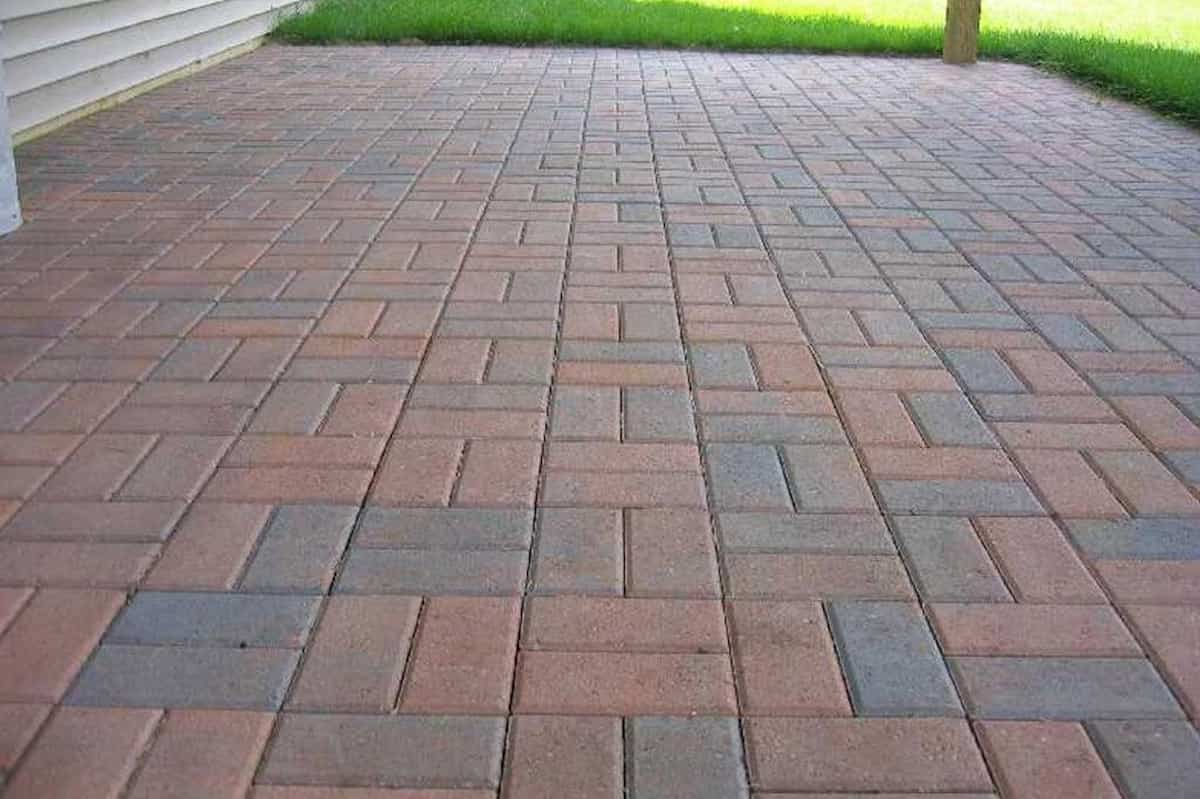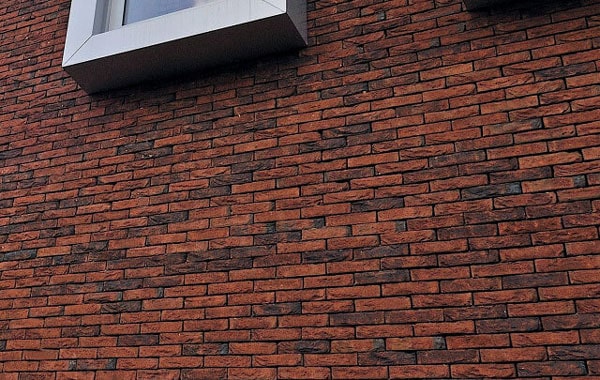The question of what type of porcelain tile versus ceramic tile is best for basement flooring is often asked by people.
It makes sense to be overwhelmed by the abundance of options available.
Some would argue that any type of basement flooring will work as long as it is waterproof.
However, a number of schools of thought argue that some flooring solutions are more beneficial than others.
This is because basements are often significantly hotter in the summer and much colder in the winter than the rest of the house.
We believe that ceramic tiles are the best alternative for basement flooring.
Not only can these tiles come in a wide variety of color designs and patterns, but if installed correctly, they can insulate the basement and keep it dry and wet.
However, this does not mean that alternative flooring solutions are unsuccessful.
Consider some of the most popular options for basement tiles.
Given that porcelain tiles are thicker than ceramic tiles, they are an ideal option for basement flooring.
These are the only tiles on our list that need to be installed directly on the sub-floor, are waterproof and have a much longer lifespan.
Moreover, these tiles may resemble any desired style.

They are water resistant due to the glaze on their surface, although they are more slippery than other types of tiles when wet.
We discourage the use of porcelain tiles on plywood floors.
Choosing the right material for flooring is essential.
It should be able to withstand foot traffic while contributing to the overall appearance of the space.
Therefore, any homeowner choosing new flooring materials should weigh the pros and cons of each option.
Especially for the kitchen and bathroom, porcelain tiles are a very good option that should be considered.
Chinese tile is a type of ceramic tile.
Given the idea that porcelain is a more luxurious material, this may come as a surprise to some, but don’t be fooled into thinking they are fragile! Porcelain tiles are significantly more durable than other ceramic tiles because they are made of finer clay and fired at a higher temperature.
Therefore, they are ideal for high-traffic or high-impact areas.
Due to their durability and longevity, porcelain tiles should be used in all commercial environments that require tiles.
If you want to use them in your home, you will make the most of their advantages as kitchen, bathroom or basement flooring.
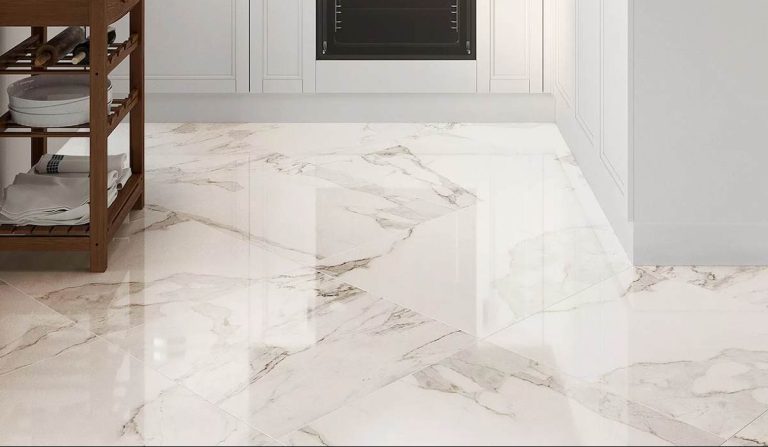
Tile is a great option for a basement floor.
It is completely waterproof, can be installed immediately on a concrete floor and never needs to be replaced.
Today, large format porcelain tiles that mimic hardwood planks are popular.
Despite its limitations, ceramic tile is a great solution for basement flooring.
Glazed tiles cannot absorb water, making them an ideal choice for water and stain resistance.
Additionally, ceramic tile is available in a wide variety of sizes, styles, and colors to complement any design.
Although porcelain tiles are more resistant to heavy wear, ceramic tiles are also quite durable.
When comparing the two prominent basement flooring options, porcelain and ceramic tile, porcelain is thicker and therefore more durable. On the other hand, ceramic tiles are more absorbent and cheaper.
Installation of ceramic tiles in the basement.
The concrete slab that serves as the base of the building is perfect for ceramic flooring in the basement.
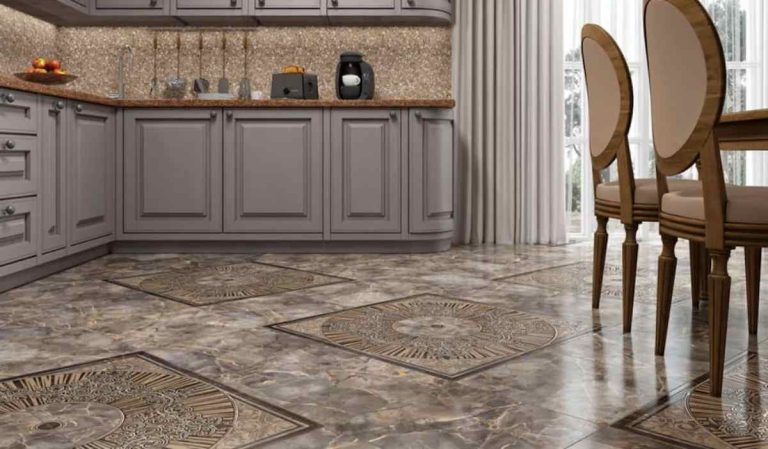
When installing a plywood floor, there is a risk that water will seep into the slab and warp the wood.
In basements, ceramic tile is often attached to plywood or OSB under cement floors with the same thin-set adhesives used to install tile over cement board underlays.
While professional installation is always an option, thin adhesives make it possible to install on your own.
Even if the floor is completely flooded, this layer of sealant will prevent damage if it does not break.
When the flood recedes and the floor is cleaned, a ceramic tile basement floor that has been submerged in water for weeks usually emerges unscathed.
The ability to install basement tiles with a few simple preparations and little time is one of their best features.
Given that tile flooring is durable and waterproof, it is a great option for basements.
In the unfortunate event of a leak or flood, a basement tile floor will often dry out and not be damaged.
Square carpet is another popular option for basement flooring.
In addition to simple installation, carpet tiles add warmth to one of the coldest rooms in the house.
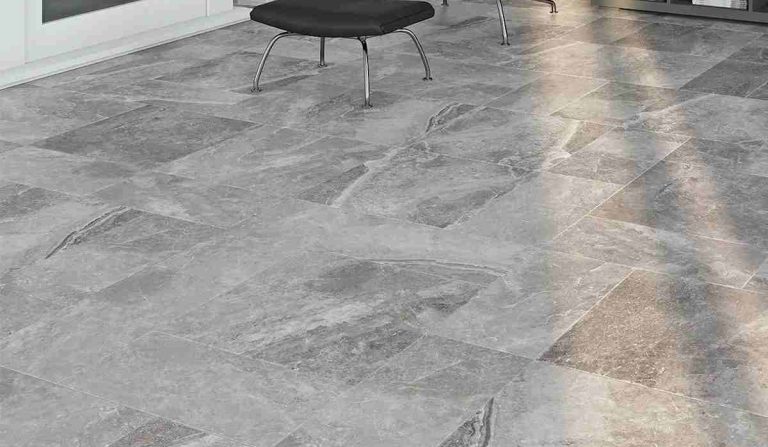
Although broken tiles in a flooded basement are not waterproof, they are simple to replace. An infinite number of colors, shapes and sizes are available for tile, which looks great in both domestic and commercial environments.
Chinese tile is a type of ceramic tile that is baked at a higher temperature to thicken the clay and increase its resistance to water.
To properly seal (and then re-seal) the tile, it is important to remember that only the glazed surface is water resistant. Unglazed sections of tile and grout used for installation are usually not.
Disadvantages of this flooring option include concerns about discoloration (especially around grout lines), noise amplification, and the hardness and coldness of the material itself.
Radiant heat effectively reduces these problems on tile floors.
While the cost of materials varies widely, tile installation is often more expensive than other basement flooring alternatives.
If it is clean, level and in good condition, your slab can be tiled directly.

Because ceramic flooring is durable, water-resistant, and easy to maintain, it is an excellent choice for many underground projects.
To ensure the durability of the floor, several precautions must be taken before and after installation. Using almost any material in an underground environment has significant risks, including ceramic tiles.
As with most flooring, water is a basement’s main enemy.
There are many advantages to installing ceramic flooring in a basement, but there is one major drawback: ceramic tile is cold to the touch, which is exacerbated by the fact that below-grade basements are often cold.
Ceramic tile installed on a concrete slab quickly conducts heat from the living space to the ground, making it difficult to maintain a comfortable environment.
Before tiling, it is recommended to install a radiant floor heating system on the concrete slab.
If you have a basement and would like to cover it with porcelain tiles, contact our sales managers to receive the relevant catalogs.
